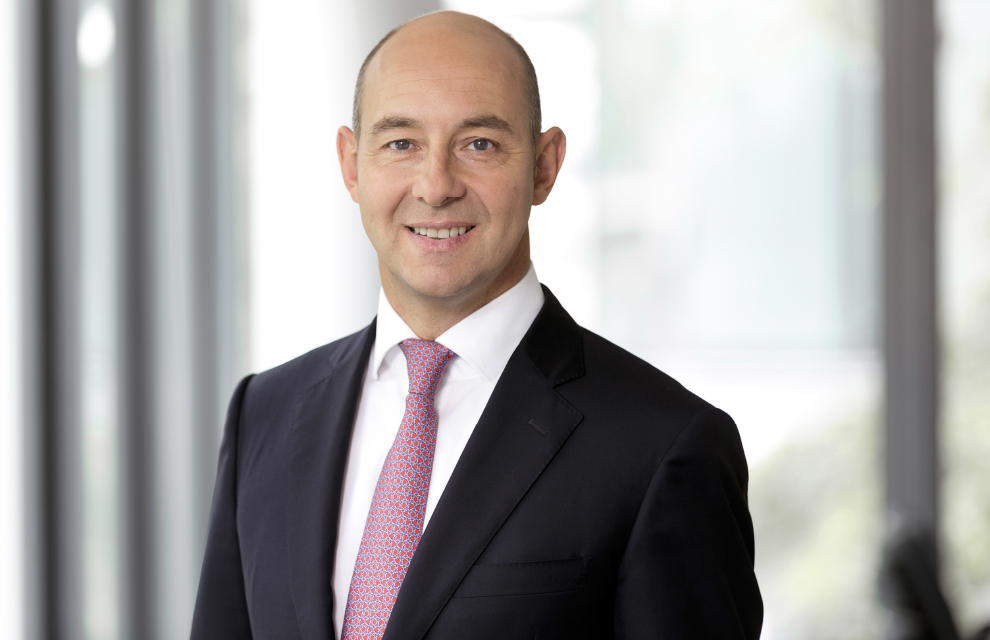Clearstream Banking S.A.
Philippe Seyll
05 March 2019
Discussing technology developments, Philippe Seyll of Clearstream Banking S.A. suggests there are too many proofs of concepts in sandbox environments in the industry when it comes to blockchain
 Image: Shutterstock
Image: Shutterstock
In Luxembourg, are you seeing increased automation in the securities lending market?
The securities lending market is already highly automated. Take, for instance, the first collateral call, which is automatically linked to the corresponding lending transaction.
It is very important, especially in a highly regulated business like ours, to automate the mark to market. This is how we ensure that the lender is fully collateralised at every single moment. An alarm is triggered in case of a shortage of collateral and also when there is too much collateral because then it becomes uneconomical. That way, we can support the lender in their collateral management after lending has taken place. At Clearstream, the collateral business and the securities lending business work in close alignment in order to create synergies and automate processes wherever possible.
In the current environment, are innovation and solutions becoming real differentiators?
Yes, when margins are involved, every single penny counts. Determining the right amount of collateral that has to be deposited takes an enormous amount of time. Over- as well as under-collateralisation are extremely expensive and risky. Automation helps to liberate manpower within middle and back offices that would otherwise be blocked by repetitive tasks within these processes. The time freed up by automation is what creates value.
What opportunities is technology providing the industry with? Is it driving the creation of new business models?
One major opportunity lies in collateral mobility. It might be easy to move collateral within one custodian or between a handful of large banks. It is very difficult, however, to mobilise collateral between several different or new systems and across locations—to collateralise a lending transaction.
Together with the fintech company HQLAx, Deutsche Börse has developed a blockchain-based platform to facilitate more efficient collateral management of high-quality liquid assets. Unlike in traditional settlement, there will be no actual movement of securities between custody accounts. Instead, tokens will be transferred while the underlying securities will be kept off-blockchain. This concept of tokenising the collateral rather than moving the assets themselves is a great idea. It will make collateral management easier and cheaper and provides more opportunities for securities lending.
Are some industry participants reluctant to change when it comes to technology and automation?
This is not the problem. Everybody wants to participate in the blockchain, but there are too many proofs of concepts (POCs) in sandbox environments. The first priority is to ensure use cases that really facilitate the client journey. There are still too many solutions looking for a problem to solve.
Deutsche Börse’s solution with HQLAx is not a POC, it exists and is going into production within the next upcoming months. Six banks have already joined the platform and Clearstream is the first custodian to onboard. Additionally, Deutsche Börse is currently in advanced discussions with other custodians. We are not live yet, but we are definitely not in a sandbox. We are in the real world building a real ecosystem.
Is technology disrupting and what challenges are associated with it?
Does technology have the power to change the financial industry? Definitely yes. Will it really disintermediate the whole financial industry? Definitely not. We are dealing with large amounts of money in a highly regulated environment. If I decided to take an Uber to the airport and I miss my plane, I would be cross. But if I give my money to a disintermediated banking service and my pension disappears, then it’s a different story. In businesses where we are dealing with large amounts of money, trust is key—there have to be fiduciaries ensuring the safety of the assets. Everything has to be bulletproof and robust. This is why there will be radical changes but no complete disintermediation.
What is on the horizon for the securities lending industry in Luxembourg for this year?
Of course, Luxembourg will see changes due to Brexit. As one of Europe’s financial centres, it provides stable alternatives for UK-based market participants no matter what the final outcome. We are working closely with regulators, politicians and other market participants to best prepare our customers for what’s to come.
← Previous interview
BNP Paribas
Michael Saunders
Next interview →
Wematch
David Raccat
 Image: Shutterstock
Image: Shutterstock 